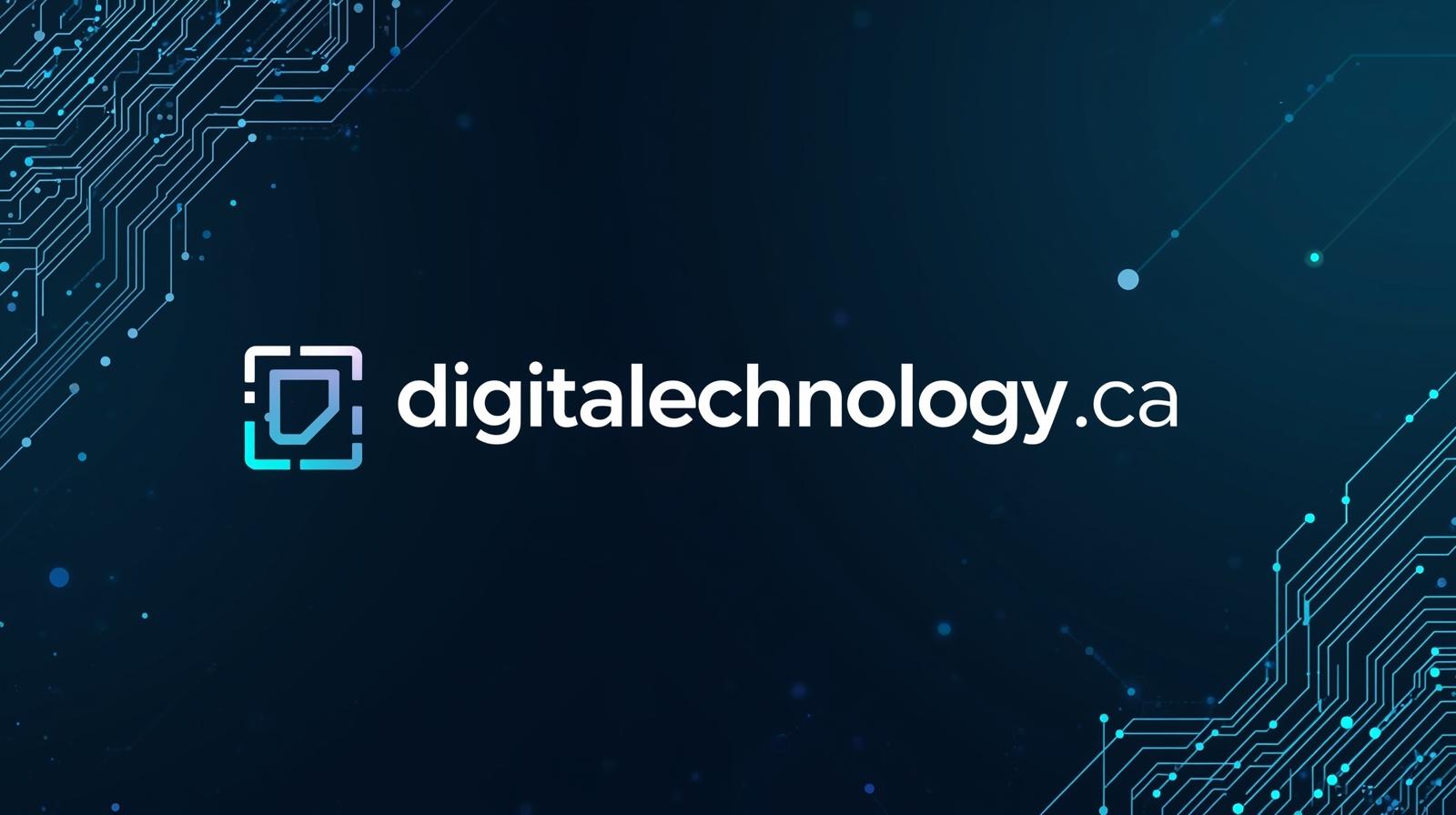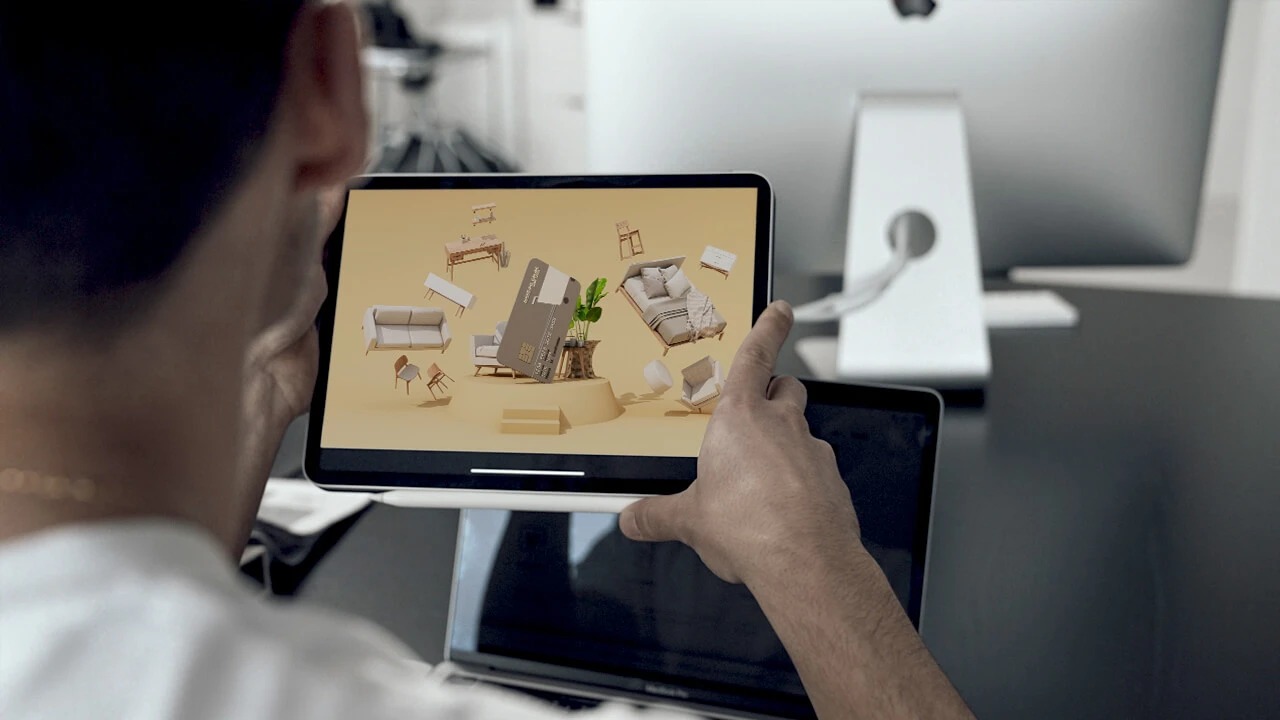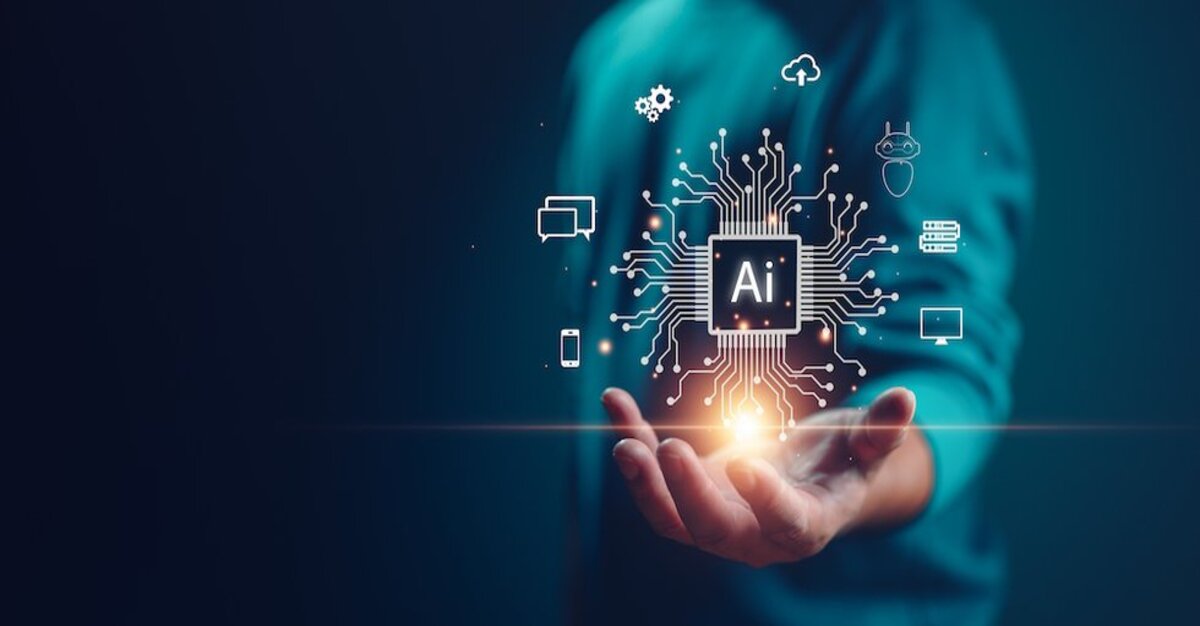In today’s fast-paced digital age, technology is more than just a buzzword—it’s a driving force that shapes how we live, work, communicate, and solve problems. From smartphones and artificial intelligence (AI) to blockchain and renewable energy solutions, the influence of technology is vast and growing rapidly. As innovations continue to evolve, they revolutionize industries, empower individuals, and redefine what’s possible. This article explores the meaning of technology, its major sectors, and how it impacts modern life.
What Is Technology?
At its core, technology refers to the application of scientific knowledge for practical purposes. It encompasses tools, systems, and processes designed to solve problems, increase efficiency, and improve human capabilities. From the invention of the wheel to the rise of the internet, technological progress has always been a key factor in societal development.
Major Areas of Technological Innovation
1. Information and Communication Technology (ICT)
The rise of ICT has revolutionized how we connect and exchange information. Smartphones, the internet, cloud computing, and social media platforms have made global communication instant and accessible. Businesses rely heavily on digital tools for marketing, operations, and customer service. Moreover, technologies like 5G are poised to make connectivity even faster and more reliable.
2. Artificial Intelligence and Machine Learning
AI and machine learning are among the most transformative technologies of the 21st century. These systems enable machines to learn from data, recognize patterns, and make decisions with minimal human intervention. Applications range from chatbots and voice assistants to predictive analytics and autonomous vehicles. AI is also playing a crucial role in healthcare, helping diagnose diseases and develop personalized treatment plans.
3. Blockchain Technology
Initially popularized by cryptocurrencies like Bitcoin, blockchain is a decentralized digital ledger that ensures transparency, security, and immutability. Beyond finance, blockchain is being used in supply chain management, voting systems, and data security. Its ability to reduce fraud and increase accountability makes it a powerful tool for both public and private sectors.
4. Green and Renewable Technologies
With the growing concern over climate change, sustainable technology has become more important than ever. Innovations such as solar panels, wind turbines, and electric vehicles are helping reduce dependence on fossil fuels. Smart home systems and energy-efficient appliances also contribute to a greener future by optimizing energy consumption.
The Role of Technology in Everyday Life
Technology impacts nearly every aspect of modern life. Here’s how:
- Education: E-learning platforms, online courses, and digital classrooms have made education more accessible and flexible.
- Healthcare: Telemedicine, wearable health monitors, and AI-powered diagnostics are improving patient outcomes.
- Work: Remote work tools like Zoom, Slack, and project management software have transformed how teams collaborate globally.
- Entertainment: Streaming services, gaming platforms, and virtual reality are redefining how we consume content.
These developments not only make life more convenient but also create new opportunities for personal and professional growth.
Challenges and Ethical Considerations
While technology brings numerous benefits, it also presents challenges:
- Privacy concerns: With the increasing amount of personal data shared online, cybersecurity is more critical than ever.
- Job displacement: Automation and AI may replace certain jobs, necessitating reskilling and education.
- Digital divide: Not everyone has equal access to technology, which can exacerbate social and economic inequalities.
To ensure responsible innovation, it’s essential to consider the ethical implications of emerging technologies and strive for inclusivity and fairness.
The Future of Technology
Looking ahead, the future of technology holds immense potential. Developments in quantum computing, biotechnology, augmented reality (AR), and space exploration will open new frontiers. The convergence of these technologies will lead to smarter cities, advanced medical solutions, and sustainable growth.
Businesses and individuals must stay informed and adaptable to leverage these innovations effectively. Continuous learning, digital literacy, and ethical awareness will be key to thriving in a tech-driven world.
Conclusion
Technology is a powerful enabler of change and progress. From transforming industries to enhancing daily life, its impact is profound and far-reaching. As we navigate the digital era, embracing innovation responsibly while addressing its challenges will be vital. Whether you’re a student, entrepreneur, or policymaker, understanding the role of technology is essential for shaping a better, smarter future.



